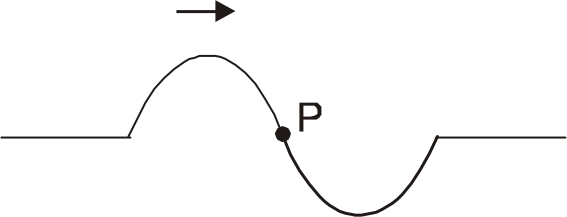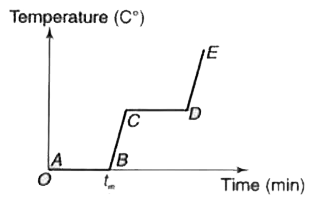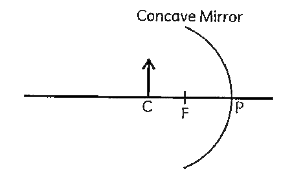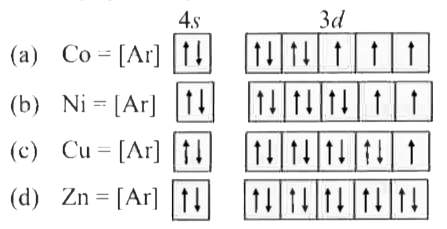State which of the following is correct
Joule = coulomb × volt
Joule = coulomb/volt
Joule = volt × ampere
Joule = volt/ampere
To determine which of the given statements is correct, we need to analyze each option based on the definitions of the units involved: Joule, Coulomb, Volt, and Ampere.
1. Understanding the Units:
- Joule (J): It is the unit of work or energy.
- Coulomb (C): It is the unit of electric charge.
- Volt (V): It is the unit of electric potential, defined as the work done per unit charge.
- Ampere (A): It is the unit of electric current, defined as the flow of electric charge.
2. Analyzing the First Option:
- Joule = Coulomb × Volt (J = C × V):
- This equation is derived from the definition of electric potential. The work done (Joule) to move a charge (Coulomb) through a potential difference (Volt) is indeed correct.
- Therefore, this option is correct.
3. Analyzing the Second Option:
- Joule = Coulomb per Volt (J = C/V):
- This implies that Joule is equal to charge divided by voltage. This is incorrect because it does not align with the definition of work done.
- Therefore, this option is incorrect.
4. Analyzing the Third Option:
- Joule = Volt × Ampere (J = V × A):
- This suggests that Joule is equal to voltage multiplied by current. While this is a valid expression in terms of power (since Power = Voltage × Current), it does not directly relate to the definition of work done.
- Therefore, this option is incorrect.
5. Analyzing the Fourth Option:
- Joule = Volt per Ampere (J = V/A):
- This implies that Joule is equal to voltage divided by current. This is not correct as it does not represent any standard physical relationship.
- Therefore, this option is incorrect.
Conclusion:
The only correct statement among the options provided is:
- Joule = Coulomb × Volt (J = C × V).
- Joule (J): It is the unit of work or energy.
- Coulomb (C): It is the unit of electric charge.
- Volt (V): It is the unit of electric potential, defined as the work done per unit charge.
- Ampere (A): It is the unit of electric current, defined as the flow of electric charge.
- Joule = Coulomb × Volt (J = C × V):
- This equation is derived from the definition of electric potential. The work done (Joule) to move a charge (Coulomb) through a potential difference (Volt) is indeed correct.
- Therefore, this option is correct.
- Joule = Coulomb per Volt (J = C/V):
- This implies that Joule is equal to charge divided by voltage. This is incorrect because it does not align with the definition of work done.
- Therefore, this option is incorrect.
- Joule = Volt × Ampere (J = V × A):
- This suggests that Joule is equal to voltage multiplied by current. While this is a valid expression in terms of power (since Power = Voltage × Current), it does not directly relate to the definition of work done.
- Therefore, this option is incorrect.
- Joule = Volt per Ampere (J = V/A):
- This implies that Joule is equal to voltage divided by current. This is not correct as it does not represent any standard physical relationship.
- Therefore, this option is incorrect.
The only correct statement among the options provided is:
- Joule = Coulomb × Volt (J = C × V).
Topper's Solved these Questions
- ELECTROSTATICS BOOK - ERRORLESS CHAPTER - ELECTROSTATICS EXERCISE - Ordinary Thinking Objective Questions (Electric Dipole)
38 Videos
- ELECTROSTATICS BOOK - ERRORLESS CHAPTER - ELECTROSTATICS EXERCISE - Ordinary Thinking Objective Questions (Electric Flux and Gauss.s Law)
28 Videos
- ELECTROSTATICS BOOK - ERRORLESS CHAPTER - ELECTROSTATICS EXERCISE - Ordinary Thinking Objective Questions (Electric Flux and Gauss.s Law)
28 Videos
- ELECTRONICSBOOK - ERRORLESS CHAPTER - ELECTRONICSEXERCISE - Selv Evaluation Test
23 Videos
- HEATING AND CHEMICAL EFFECT OF CURRENTBOOK - ERRORLESS CHAPTER - HEATING AND CHEMICAL EFFECT OF CURRENTEXERCISE - Self Evaluation Test
14 Videos
Similar Questions
Knowledge Check
A pulse on a string is shown in the figure.P is particle of the string.Then state which of the following are correct .
 AIf P is stationary point, then pulse consists of two waves travelling in oppostie directionBIf P is moving upwards, then pulse is travelling in positive directionCIf P is moving downwards, then pulse is travelling in negative directionDnone of these is incorrect
AIf P is stationary point, then pulse consists of two waves travelling in oppostie directionBIf P is moving upwards, then pulse is travelling in positive directionCIf P is moving downwards, then pulse is travelling in negative directionDnone of these is incorrectIf the Governor of State wanted to vacate his office then which of the following is correct in this regard?
AResignationBDismissal by the President of IndiaCAll of the aboveDNone of the aboveRefer to the plot of temperature versus time, showing the changes in the state of ice on heating (not to scale).

which of the following is correct ?AThe region AB represents steam and water in thermal equilibriumBAt B water starts boilingCAt C all the water gets converted into steamDC and D represent water and steam in equilibrium at boiling point
A body is in the state of rest on the surface of earth. Which of the following is a correct statement?
View SolutionWith reference to dances and their native states, which of the following pairs is correct?
View SolutionWhich of the following state are correct
View SolutionWhich of the following is correct state H-bonding in nucleotide ?
View Solution
Examine the above figure and state which of the following option is correct? [one small box in the figure is equal to 1 cm]
View Solution

